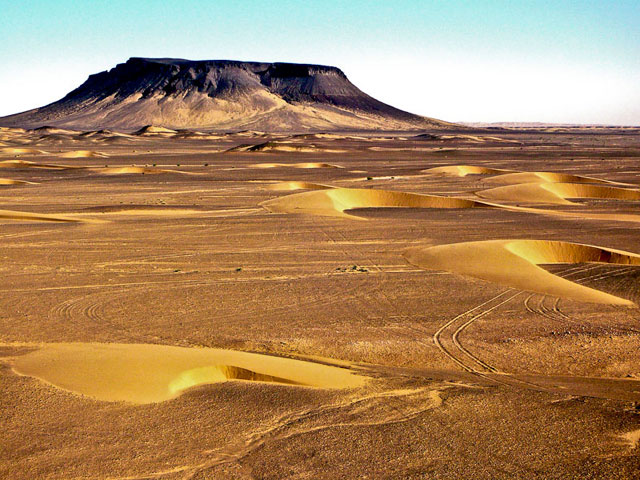The International Monetary Fund (IMF) has brought Pakistan’s multibillion-dollar Reko Diq mining project under its review, requesting a detailed briefing on its status. The move marks an expansion of the Fund’s oversight from balance-of-payments support to major national projects, The Express Tribune reported.
Sources said the briefing, initially scheduled for this week, has been shifted to next week.
The Reko Diq project is operated by the Reko Diq Mining Company (RDMC), with Canada’s Barrick Gold holding a 50% stake, while the federal and Balochistan governments share the remaining half equally.
According to Tribune’s report, officials confirmed the IMF sought the briefing as the project approaches financial close, supported by around $3.5 billion in loans from international lenders, including a $700 million–$1.2 billion commitment from the US Exim Bank.
Finance Ministry spokesman Qumar Abbasi said talks with the IMF cover all areas affecting Pakistan’s economy, and sharing details on projects of this scale is important for development partners’ assessments.
“The Reko Diq project is expected to make significant contributions not only to the mineral sector but also to the economy at large,” Abbasi added.
The project represents the largest foreign direct investment (FDI) in a single initiative in Pakistan, attracting global investor confidence. It is also expected to positively impact socio-economic development in Balochistan and strengthen the country’s foreign exchange reserves.
The RDMC is finalising financial close, with a major announcement anticipated soon. Last month, the federal cabinet approved raising the total cost of Phase-I to $7.72 billion, including $5.8 billion in capital expenditure—up from an initial $4.3 billion estimate two-and-a-half years ago.
Phase-II, planned for 2034, will add $3.3 billion to raise production capacity to 90 million tonnes per annum (Mtpa), bringing the total project cost close to $10 billion.
The project, of global interest to both the US and China, is projected to generate $70 billion in net cash flow over 37 years—almost ten times Pakistan’s current foreign exchange reserves. Phase-I is expected to produce 200,000 tonnes of copper annually at a cost of $5.7 billion, with production set to begin by the end of 2028 and Phase-I completion expected in 2029.
The IMF team, present in Islamabad since September 25, has been meeting stakeholders as part of the second review of Pakistan’s $7 billion bailout programme, which could unlock a $1 billion tranche. Under its climate facility, Pakistan is also set to receive an additional $220 million.




